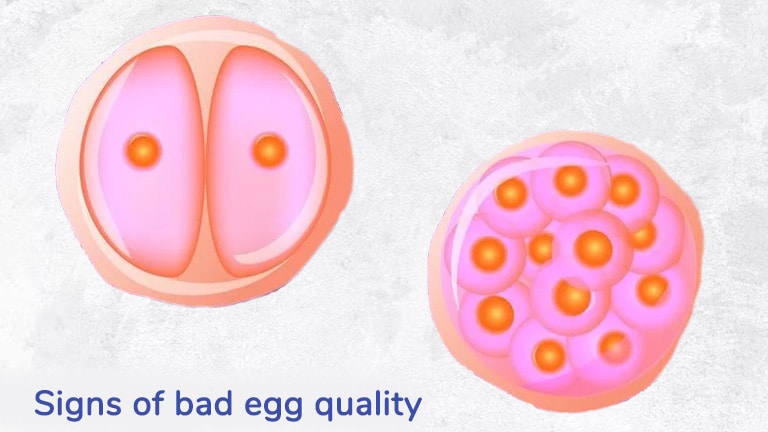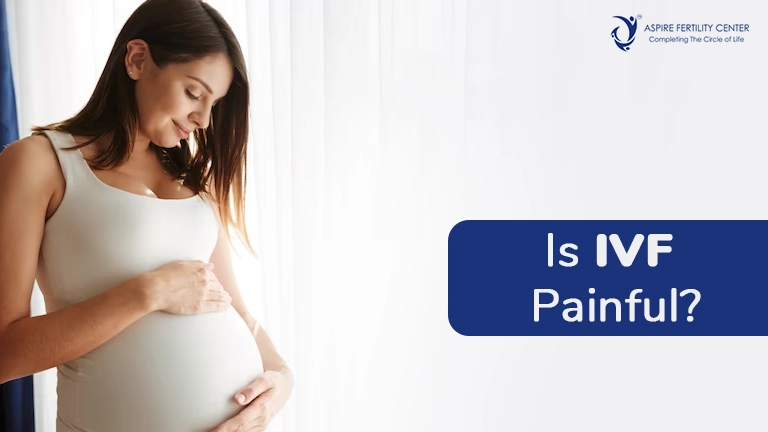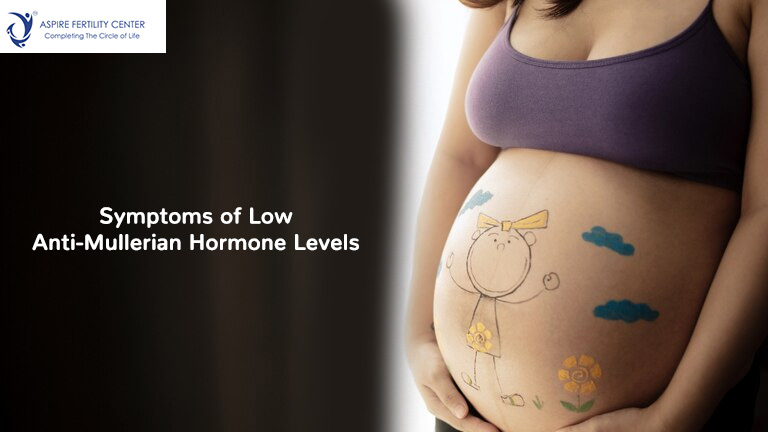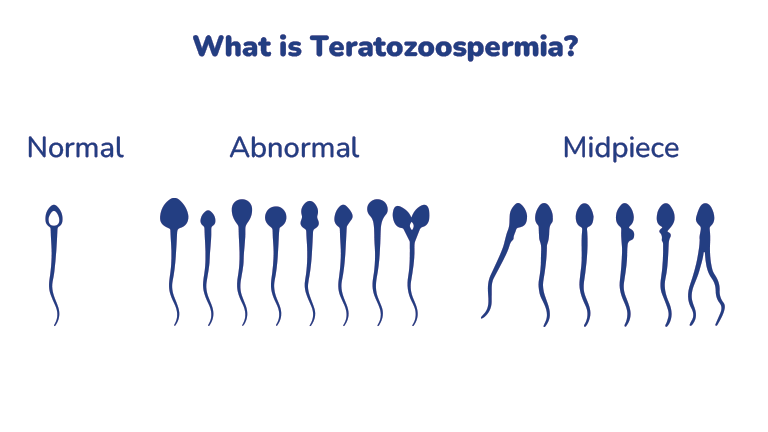Struggling with fertility concerns can be disheartening, but understanding the signs of poor egg quality is crucial for those hoping to conceive. In this comprehensive guide, we delve into the symptoms and causes associated with poor egg quality, shedding light on this complex issue.
Whether you’re actively trying to get pregnant or want to be informed about reproductive health, this article equips you with the essential knowledge to navigate fertility challenges confidently.
Understanding Egg Quality
Egg quality refers to the capability of an egg to become fertilised and develop into a healthy embryo. It’s a crucial factor in determining reproductive success. High-quality eggs have the correct chromosome number and the potential to join with sperm, supporting normal embryo development and a successful pregnancy. The decline in egg quality, often associated with age and other factors, can significantly impact fertility.
Know more about Female Fertility Treatment Methods
What Are Some Signs of Poor Egg Quality?
Diminished Ovarian Reserve (DOR):
Embarking on the quest for parenthood, couples may encounter the distressing revelation of diminished ovarian reserve. This condition hints at declining egg quality and quantity, often manifesting through irregular menstrual cycles and difficulty conceiving.
Irregular Menstrual Cycles:
An irregular menstrual cycle can be indicative of underlying issues affecting egg quality. Fluctuations in cycle length or abnormal bleeding patterns may signal hormonal imbalances or compromised ovarian function, potentially impacting fertility.
Age-related Challenges:
Age plays a pivotal role in egg quality, with advancing years correlating with diminished reproductive capacity. As women age, the likelihood of encountering fertility obstacles due to declining egg quality increases, underscoring the significance of timely conception.
Poor Response to Ovarian Stimulation:
For individuals undergoing assisted reproductive techniques such as IVF, a poor response to ovarian stimulation could serve as a sign of compromised egg quality. This response, characterised by fewer eggs retrieved during treatment cycles, may pose challenges in achieving successful fertilisation.
Recurrent Pregnancy Loss:
Recurrent pregnancy loss can be emotionally taxing, and it may also point towards underlying issues with egg quality. Multiple miscarriages could signify chromosomal abnormalities in the embryos, often associated with compromised egg quality.
What Are Some Causes of Poor Egg Quality?
Genetic Factors:
Genetic predispositions can influence egg quality, impacting fertility outcomes. Inherited conditions or genetic mutations may interfere with normal ovarian function, affecting the development and maturation of healthy eggs.
Environmental Stressors:
Excessive exposure to environmental stressors like pollutants, toxins, or radiation can jeopardise egg quality. These external factors may induce oxidative stress, leading to cellular damage and impairing the reproductive potential of eggs.
Lifestyle Choices:
Lifestyle factors wield significant influence over egg quality. Poor dietary habits, smoking, excessive alcohol consumption, and inadequate sleep patterns can adversely affect reproductive health, exacerbating issues related to egg quality.
Hormonal Imbalances:
Hormonal imbalances disrupt the delicate equilibrium necessary for optimal egg quality. Irregularities in hormone levels, particularly follicle-stimulating hormone (FSH) and anti-Müllerian hormone (AMH) may disrupt the ovarian microenvironment, compromising egg development.
Medical Conditions:
Certain medical conditions, such as polycystic ovary syndrome (PCOS) or endometriosis, can impact egg quality. These conditions alter reproductive physiology, potentially impairing ovarian function and compromising the quality of eggs produced.
How To Improve Women’s Egg Quality?
Prioritise Nutrient-Rich Foods:
A balanced diet rich in essential nutrients can significantly impact egg quality. Focus on incorporating foods high in antioxidants, vitamins, and minerals such as folate, vitamin E, vitamin C, and omega-3 fatty acids. Leafy greens, berries, nuts, seeds, oily fish, and whole grains should be staples in your diet. These nutrients help protect eggs from damage caused by oxidative stress and support overall reproductive health.
Maintain a Healthy Weight:
Maintaining a healthy weight is crucial for optimal fertility and egg quality. Both underweight and overweight women may experience disruptions in their menstrual cycles and hormone levels, affecting egg production and quality. Aim for a body mass index (BMI) within the healthy range, and focus on regular exercise and a balanced diet to support overall health and fertility.
Manage Stress Levels:
Chronic stress can have a detrimental impact on reproductive health and egg quality. High levels of stress can disrupt hormone balance and interfere with ovulation. Incorporate stress-reducing practices such as yoga, meditation, deep breathing exercises, or spending time in nature into your daily routine. Prioritising self-care and finding healthy coping mechanisms for stress can positively impact fertility.
Avoid Harmful Substances:
Exposure to harmful substances such as tobacco, alcohol, and recreational drugs can negatively affect egg quality and fertility. Smoking has been linked to decreased ovarian reserve and an increased risk of infertility. Similarly, excessive alcohol consumption can disrupt hormone levels and impair reproductive function. Minimising exposure to these substances can improve your chances of conceiving and promote healthier eggs.
Consider Supplements and Herbs:
Certain supplements and herbs have been shown to support egg quality and fertility. Coenzyme Q10 (CoQ10) and myoinositol are two supplements that may help improve egg quality and ovarian function. Additionally, herbs like chaste berry (Vitex agnus-castus) and maca root have been used traditionally to support reproductive health in women. However, it’s essential to consult with a healthcare professional before incorporating any new supplements or herbs into your routine.
What Are Some Treatment Options for Poor Egg Quality?
Advanced Assisted Reproductive Technologies (ART):
One of the most effective treatments for poor egg quality is leveraging advanced Assisted Reproductive Technologies (ART), such as In Vitro Fertilisation (IVF) and Intracytoplasmic Sperm Injection (ICSI). These techniques involve fertilising eggs outside the body and selecting the healthiest embryos for implantation, increasing the chances of a successful pregnancy.
Ovarian Reserve Assessment and Management:
Early detection of diminished ovarian reserve, often associated with poor egg quality, is crucial for timely intervention. At Aspire, we offer comprehensive ovarian reserve assessments using state-of-the-art diagnostic tools. Based on the results, our fertility specialists devise tailored management strategies to optimise ovarian function and improve egg quality.
Holistic Approach to Fertility:
In addition to medical interventions, Aspire Fertility Center advocates for a holistic approach to fertility, addressing lifestyle factors that can impact egg quality. Our team provides guidance on nutrition, exercise, stress management, and other lifestyle modifications to enhance overall reproductive health.
Donor Egg Programme:
For individuals with severe egg quality issues, the egg donation programme at Aspire Fertility Center offers a ray of hope. Through this programme, patients can receive healthy donor eggs from screened and tested donors, significantly enhancing their chances of conceiving and achieving a successful pregnancy.
Tailored Treatment Approaches:
At Aspire Fertility Center, we recognise that every individual is unique, and one size does not fit all when it comes to fertility treatment. Our experienced fertility specialists conduct thorough evaluations to understand each patient’s specific needs and develop personalised treatment plans accordingly.
Conclusion
Poor egg quality can present significant challenges on the journey to parenthood, however with the right treatment and support, achieving a successful pregnancy is within reach.
At Aspire Fertility Center, we are committed to empowering individuals and couples with the tools and resources they need to fulfil their dreams of starting a family.
Contact us today to embark on your fertility journey with confidence. Remember, you’re not alone – Aspire is here to help you every step of the way.


